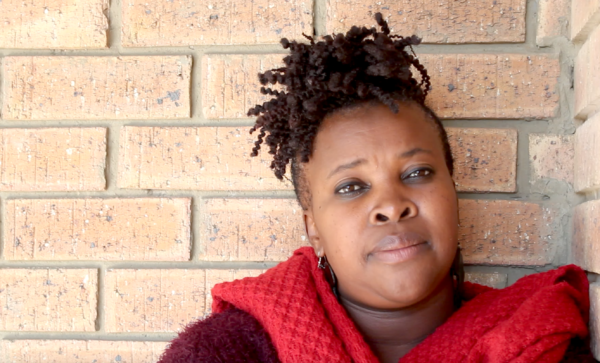Australia has one of the largest global mining footprints in the world, with Australian companies currently operating many fossil fuel projects in low income countries.
From the sites of coal, oil and gas extraction to the places where natural disasters are becoming more ferocious and frequent, it is women who bear the brunt of the adverse consequences of the fossil fuel industry.
Mpumalanga province in South Africa is one such region that has been heavily impacted by coal mining. As of December 2016, 60% percent of the land in the province was being mined or under exploration [1]. The town of Phola in Mpumalanga is close to several large coal mines, including the Klipspruit mine that is owned and operated by South Africa Energy Coal, a subsidiary of Perth headquartered and ASX listed company South32.
The Greater Phola Ogies Women’s Forum is organising with local women to document the impacts of these mines on women’s rights, and demand that the multinational mining companies responsible are held to account.

Yvonne Sampear, member of the Greater Phola Ogies Women’s Forum
According to Yvonne Sampear, the coordinator of the Greater Phola Ogies Women’s Forum:
Women are sidelined when mining companies come in, they don’t even consult women…most often they consult the men and the chiefs.
Mining companies have a huge impact on our lives as women who are living in mining affected communities. The mining companies are exploiting us. They are also making us sick by polluting our water. Our air is also polluted, water is contaminated, the soil is also contaminated.
Land now is limited. Most of the land belongs to them. Women can’t do agriculture anymore, because we don’t have land anymore…At the end of the day, your energy, your water, your land – it’s a women’s issue because we make the fire to sustain our family and livelihood.
Holding decision-makers responsible for past and ongoing adverse impacts caused by South32’s mine may soon become complicated for the women of Phola. In November 2017, South32 announced its intention to separate its South African coal projects, managed under its subsidiary South Africa Energy Coal, into a stand-alone business and gradually divest ownership [2]. At the same time, South32 is planning an extension to Klipspruit mine that will extend the life of the mine by up to 20 years [3].
If the Australian Government wants to keep its commitments to support gender equality in the region, act on climate change, uphold human rights, and ensure the responsible conduct of Australian companies operating overseas – our politicians must take action now.
We’re calling on the Government to stop funding fossil fuel projects, and ensure Australian companies uphold women’s rights everywhere they operate.
ActionAid Australia’s latest report, Undermining Women’s Rights: Australia’s global fossil fuel footprint, shines a light on the impacts of coal, oil and gas extraction on women in low income countries.
Sources